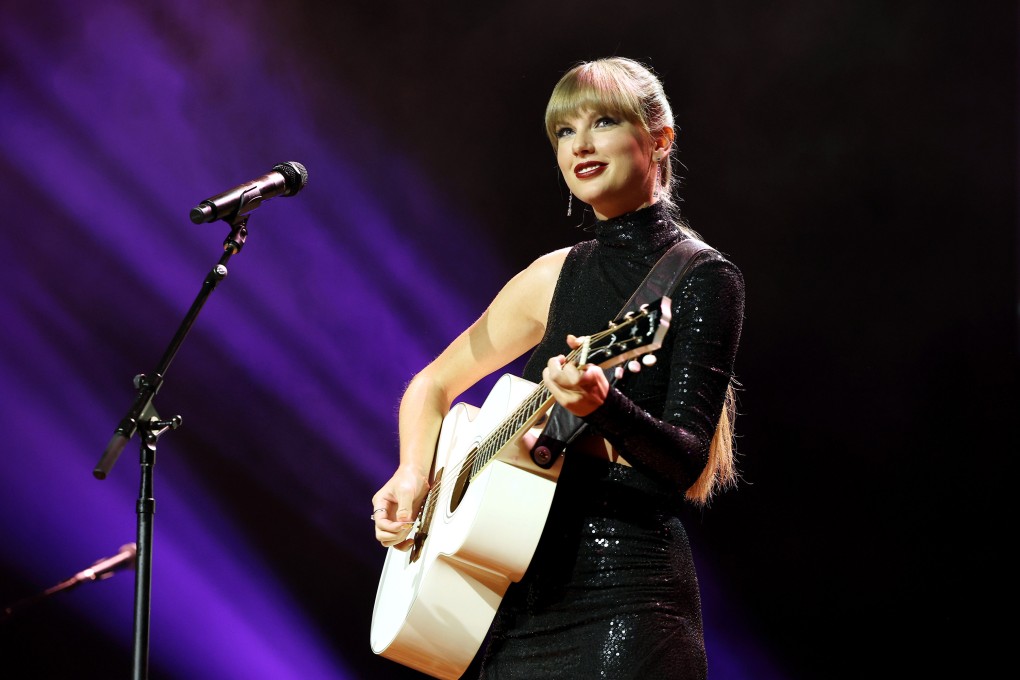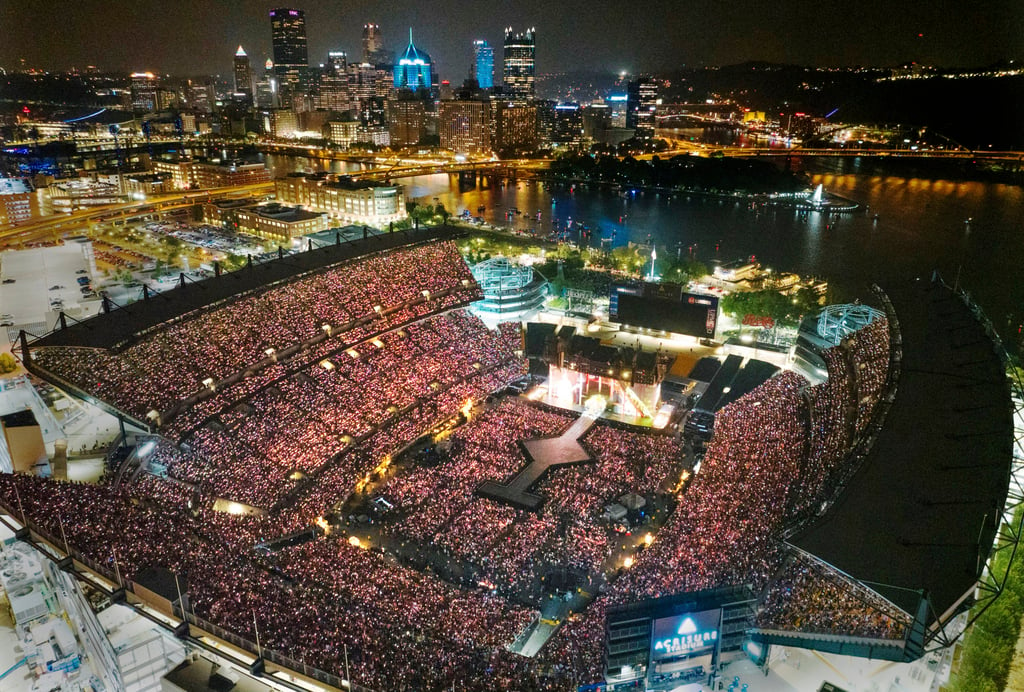As I see it | As scalpers target Taylor Swift’s Asia concerts, live-streaming could curb ‘greedflation’
- Ticket scalping, though distasteful, cannot be entirely eliminated but there is a place for legislation to bring greater order to the resale process
- Industrial-level scalpers could also be thwarted through organisers offering live-streamed concert options

Don’t scoff: attending these concerts seems to be of such great importance that numerous individuals have reported observing their colleagues and friends in a state of high anxiety, feverishly studying every available guide on navigating the digital sales portal.
When the dust settles on Friday afternoon and all tickets are sold, we can anticipate a renewed round of concern regarding ticket scalpers. From Malaysia to Australia, these conversations have already begun in light of major Western acts resuming tours in the region.
Laws surrounding scalping vary across states. In New South Wales, anti-scalping laws stipulate that tickets can only be resold for a maximum of 110 per cent of the original ticket price, while in Victoria, a similar rule applies solely to events designated by the state government as a “major event”. Swift’s February concerts in Australia – two at the Melbourne Cricket Ground and three at Sydney’s Accor Stadium – do not possess such designation.

Experts in marketing and consumer behaviour have also weighed in on the matter. To my knowledge, there is no clear consensus on the merit or effectiveness of anti-scalping laws. Joe Escobedo, an adjunct marketing lecturer at the National University of Singapore, noted in a CNA commentary that enforcing such laws requires significant resources and may inadvertently “drive the market underground”, rendering the legislation futile.
